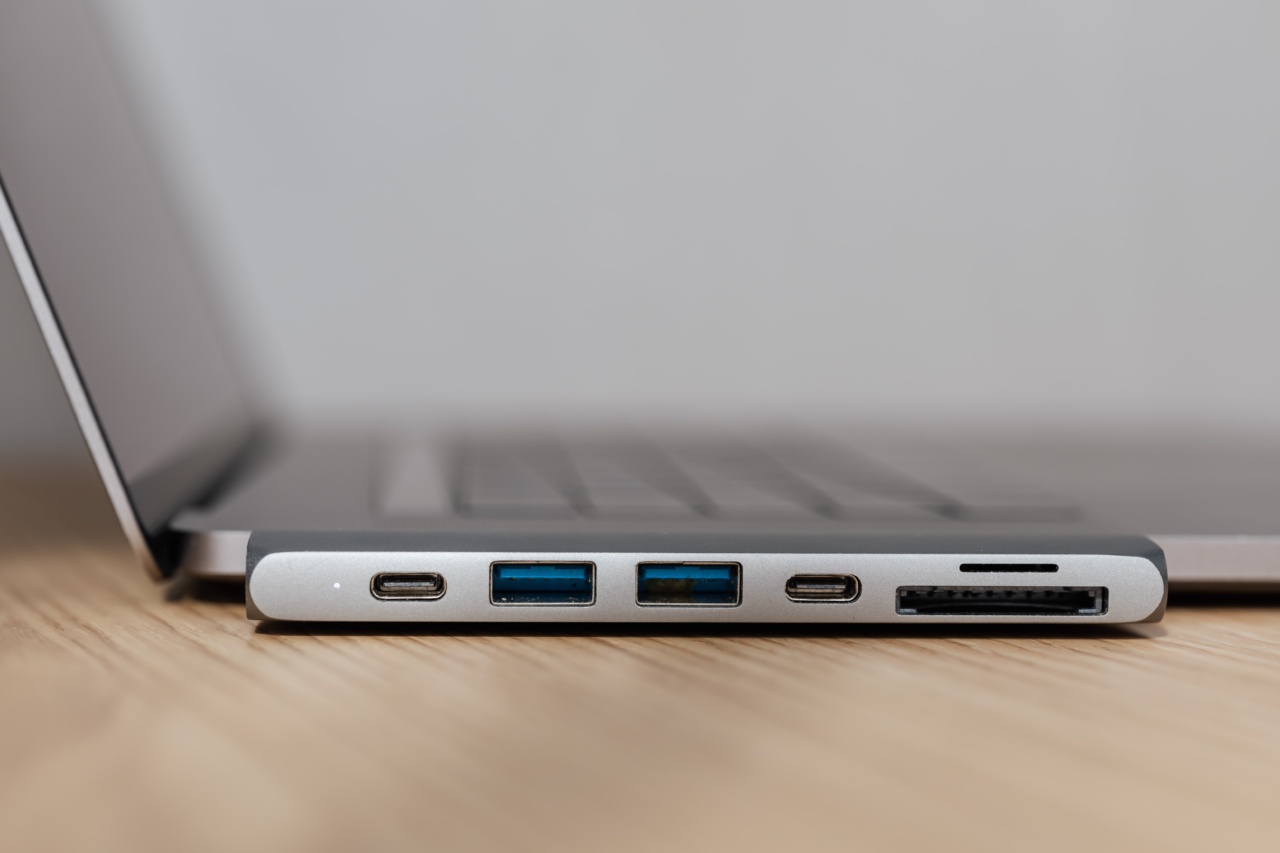Attention-deficit/hyperactivity disorder (ADHD) is a neurodevelopmental disorder characterized by symptoms of inattention, hyperactivity, and impulsivity.
It is one of the most common neurodevelopmental disorders in children, affecting approximately 5-10% of children worldwide. Although the exact cause of ADHD is not yet known, there is evidence to suggest that the excessive use of electronic devices, particularly screen time, could be a contributing factor.
What is Screen Time?
Screen time refers to the amount of time spent using electronic devices that have a screen, such as smartphones, tablets, computers, and televisions.
The American Academy of Pediatrics recommends that children aged 2 to 5 years should have no more than one hour of screen time per day, and children older than 6 years should have consistent limits on the amount of screen time they have each day.
How Does Screen Time Affect ADHD?
While screen time has become increasingly prevalent in today’s society, studies have shown that excessive screen time can have negative effects on cognitive and behavioral development, particularly in children with ADHD.
One study found that children with ADHD who spent more time watching television had lower academic achievement and more conduct problems compared to children who spent less time watching television.
Another study found that children who use electronic devices for more than 2 hours a day have a higher risk of developing ADHD symptoms.
This is thought to be because excessive screen time can lead to a disruption in the natural development of the brain, particularly in the prefrontal cortex, which is responsible for executive function, including attention, inhibition, and decision making.
What Are the Symptoms of ADHD?
The symptoms of ADHD can vary depending on the individual, but generally fall into two categories: inattention and hyperactivity/impulsivity.
Inattention symptoms include difficulty paying attention, forgetfulness, and being easily distracted, while hyperactivity/impulsivity symptoms include fidgeting, restlessness, and impulsive behavior.
How Can Screen Time be Managed?
While screen time is a part of everyday life, it is important to manage it properly, especially in children with ADHD. Here are some steps that can be taken to manage screen time:.
Set Limits on Screen Time
Establishing limits on screen time is crucial in managing the negative effects of excessive screen time.
The American Academy of Pediatrics suggests that children older than 6 years should have consistent limits on the amount of screen time they have each day. Parents can create a schedule for their children’s screen time, and monitor and enforce these limits strictly.
Encourage Outdoor Activities
Outdoor activities can be a great way to reduce screen time, especially in children with ADHD. Encouraging sports and other outdoor activities can help improve cognitive and behavioral development and reduce ADHD symptoms.
Spending time in nature is also known to have a calming effect on the mind and can help children with ADHD to focus better.
Use Screen Time Appropriately
It is important to use screen time appropriately, particularly in children with ADHD. Parents can choose educational apps and games to help improve cognitive development and provide a balanced amount of screen time with real-life experiences.
Conclusion
Screen time has become an integral part of our lives, and while it provides many benefits, excessive screen time can have negative effects, particularly in children with ADHD.
Parents and caregivers can take steps to manage screen time properly, including setting limits and encouraging outdoor activities. By managing screen time effectively, children with ADHD can receive the benefits of technology while maintaining cognitive and behavioral development.





























